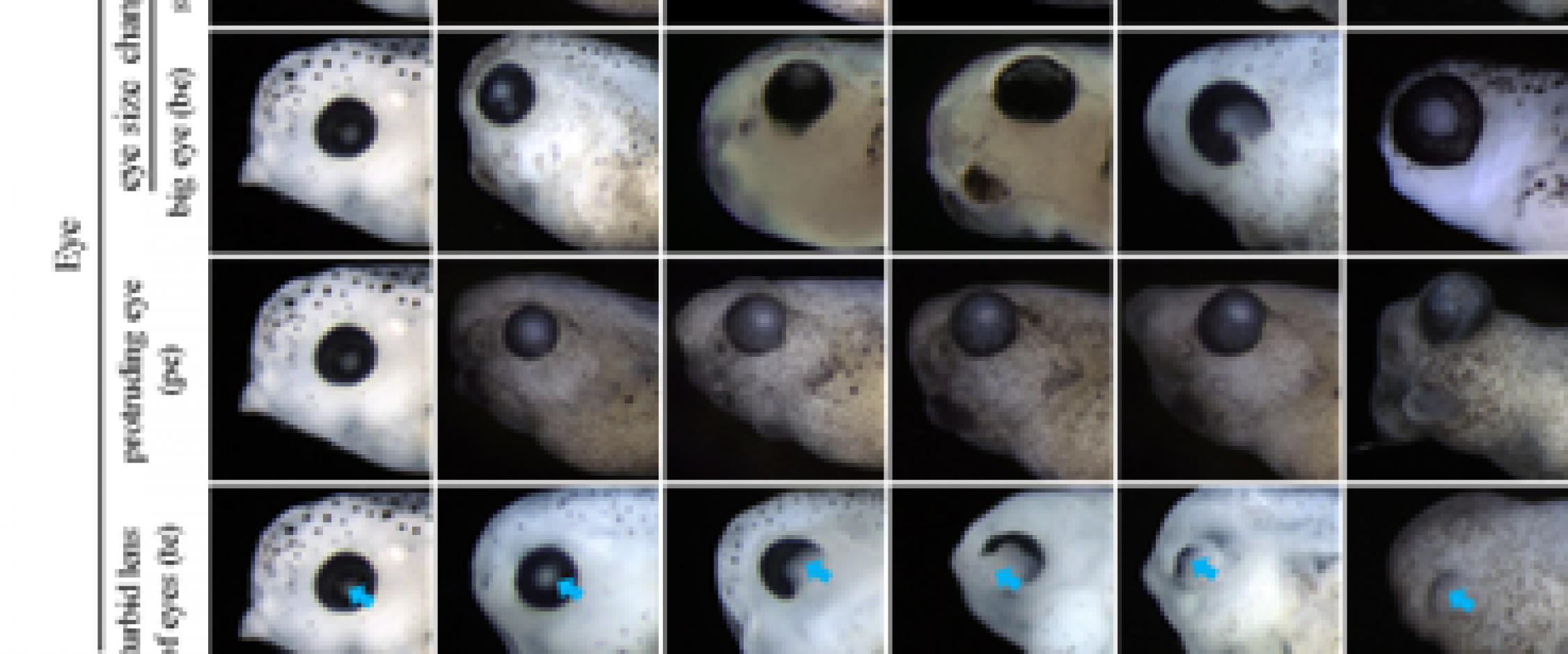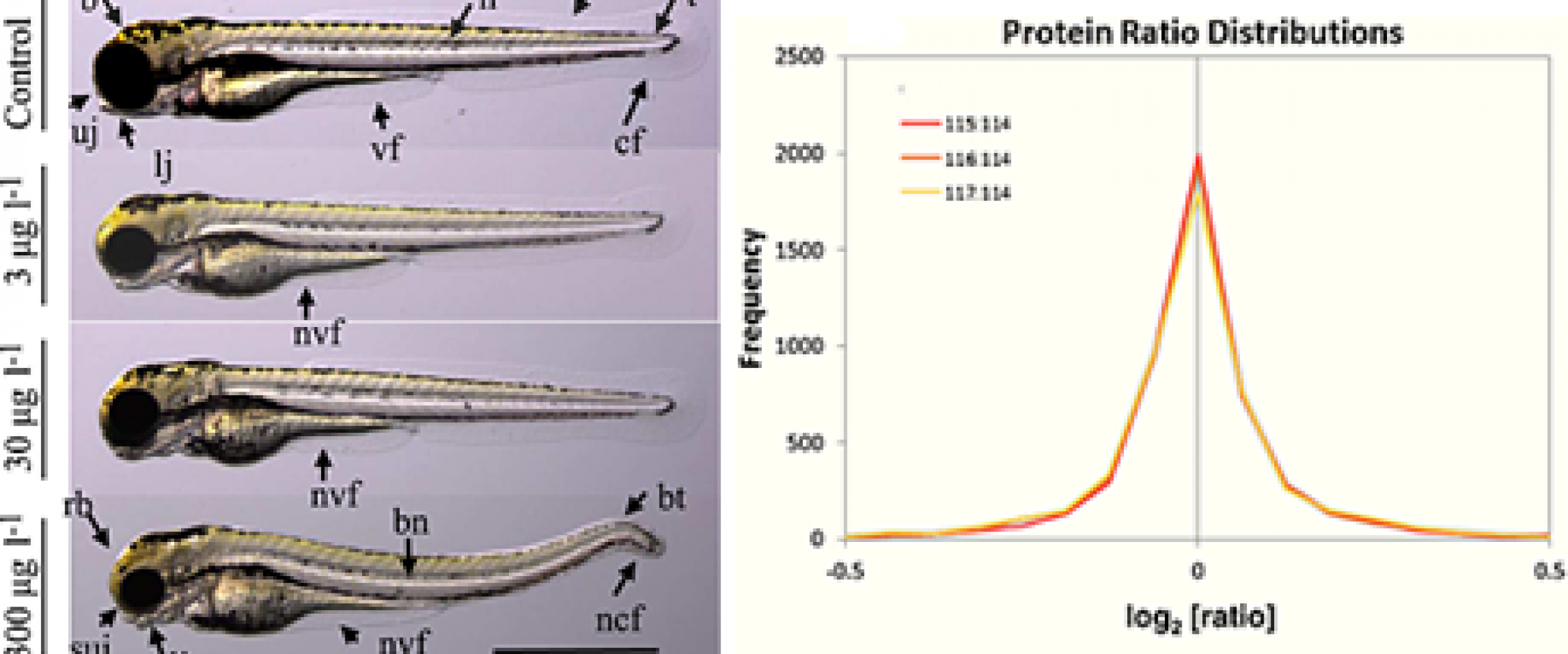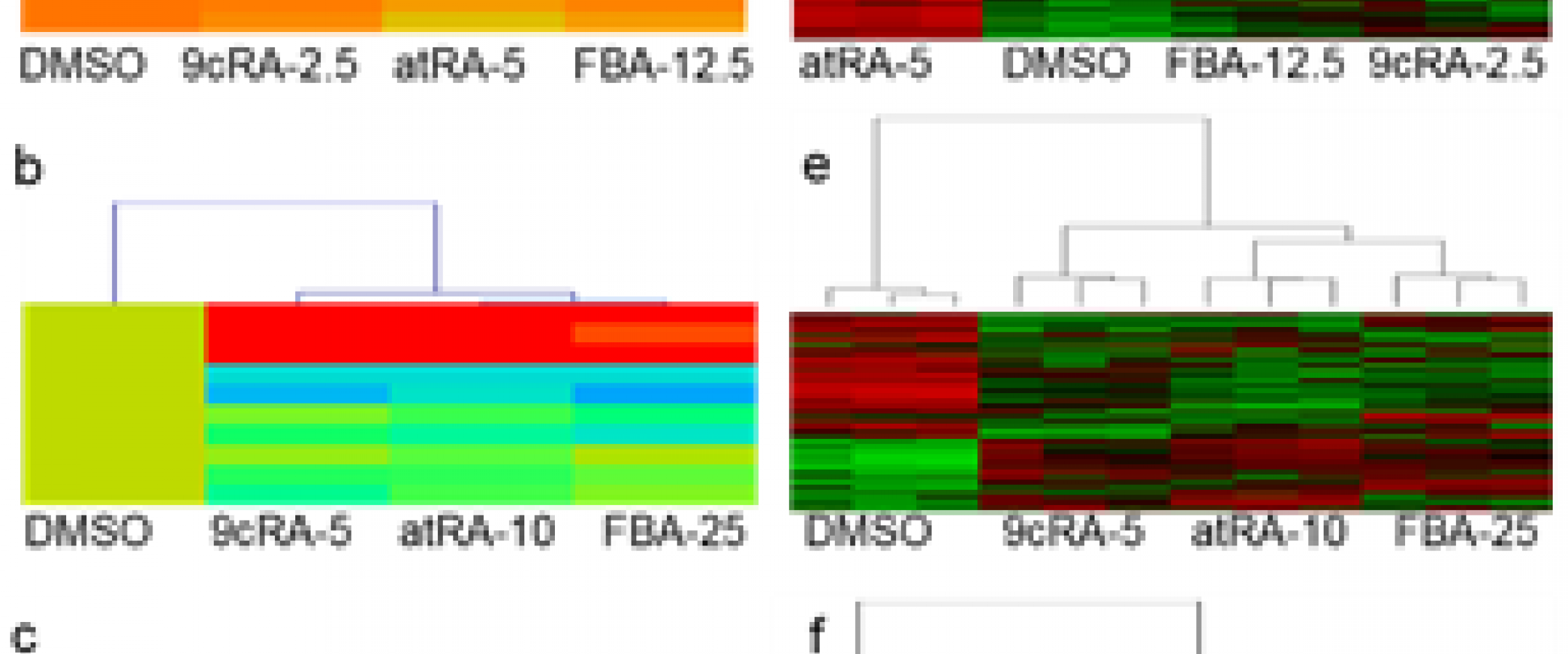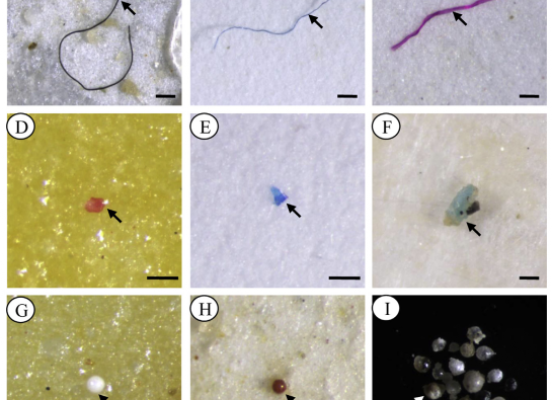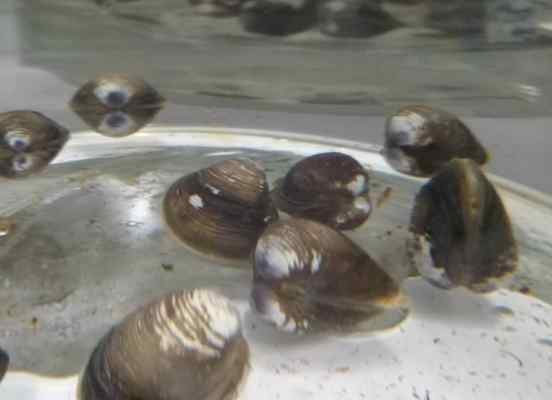Description
Retinoid X receptor (RXR) is one of the most important targets of pollutants and drugs. Previous studies suggest that the agonists of RXR lead to severe teratogenicity in embryos of amphibians.In our project, we will choose three typical agonists of RXR, which include a natural product (9-cis-retinoic acid), a man-made product (bexantoxene), and a bocide (triphenyltin). Firstly, genes' profiles will be analysized using microarry, and the pathways will be deduced. Secondly, the results of genes' profiles will be validated using real-time PCR, and the sesitive genes responsing to agonists of RXR will be selected. Effect of agonists of RXR on genes expression in tissue will be studied using in situ hybrization.The changes of genes expression will be linked with the phenotypes of malformations in embryos (i.e., phenotypic anchoring).To identify the key target genes, we plan to inject mRNA or MO into the embryo. In addition, binary exposure to agonists and antagonists will help us distinguish the target molecular.These results, in converse, will validate the results of phenotypic anchoring and pathways'analysis. Finally, we will compare the pathways of three agonists of RXR and reveal the mechanisms of their teratogenicity in X.tropicalis embryos. Our achievements will provide scientific basis for the assessing the effects of RXR agonists on amphibian embryos and techanical supports for screeing RXR disrupting chemicals using X. tropicalis embryos.
Areas of research
- Ecotoxicology
- Contaminants in Aquatic Environments
